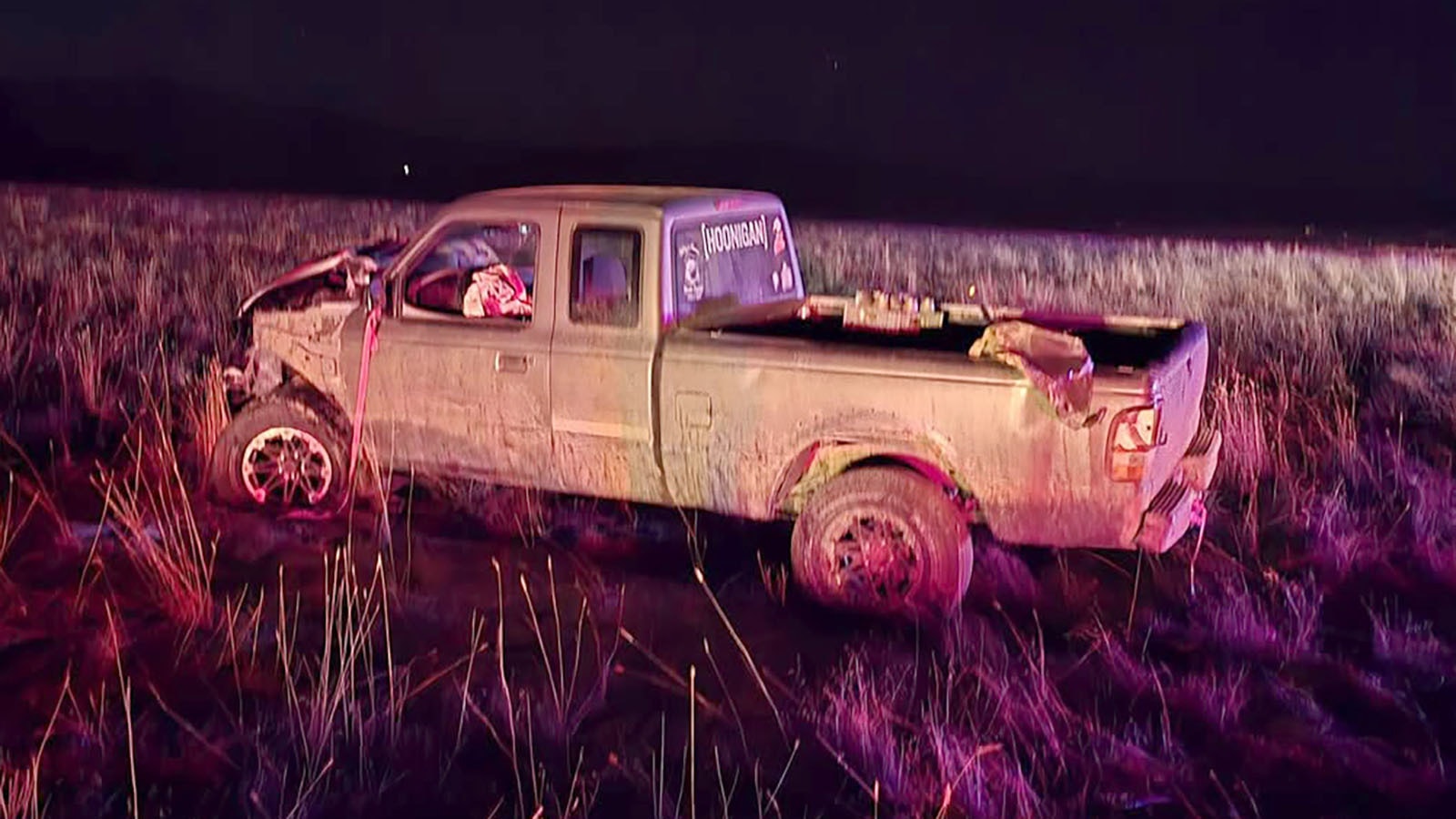A Cheyenne-based judge on Tuesday denied a request by the state of Wyoming to let a new school-choice program operate while a legal challenge against it churns in the state’s only appellate court.
Laramie County District Court Judge Peter Froelicher on June 27 blocked the Steamboat Legacy Scholarship Act from going into effect, while the Wyoming Education Association and nine parents of public-school children challenge it as unconstitutional.
Scheduled to have begun July 1, the act would have allocated up to $7,000 per year per child to qualifying families on a first-come, first-served basis to spend on approved private school and homeschool programs via state-held scholarship accounts.
When Froelicher blocked the program from going into effect throughout the case’s lifespan, he based that decision on the finding that it likely violates the Wyoming Constitution’s promise of an equitable and high-quality education, and its ban on giving public money to private educational entities not directly under state control.
It may cause irreparable harm to students since the private schools aren’t under the same educational standards as the public schools, the judge also wrote at the time.
State officials and three parents who were hoping to use the voucher program pushed back, asking Froelicher to undo his block while they fight his decision in the Wyoming Supreme Court.
Froelicher in a Tuesday order declined to do that.
He countered that his preliminary injunction preserves the status quo by keeping public money from going to a constitutionally dubious program.
“This Court based its decision in the Order on the existence of the very robust fundamental right to education established by years of Wyoming Supreme Court precedent,” Froelicher wrote.
The Argument
Wyoming Superintendent of Public Instruction Megan Degenfelder, State Treasurer Curt Meier, and parents Nicolatte and Travis Leck and Victoria Haight in their July 18 motion had argued that Froelicher did not interpret the Wyoming Constitution properly, nor consider relevant cases.
For example, Article 1, Section 23 of the Wyoming Constitution orders the Legislature to “suitably encourage means and agencies calculated to advance the sciences and liberal arts.”
In the state’s view, it “expressly authorizes programs like (the school choice program),” and “every state supreme court that has reviewed similar constitutional language has held that it authorized school choice programs.”
Yet, Froelicher countered, the relevant cases have other, differing wording in their state constitutions or grapple with federal law whereas this case contends with a broad promise of a right to a quality education, and only state law.
All The Other Stuff We Fund
A major driver of Froelicher’s preliminary injunction is the Wyoming Constitution’s Article 3, Section 36. It controls legislative spending, and it reads:
“No appropriation shall be made for charitable, industrial, educational or benevolent purposes to any person, corporation or community not under the absolute control of the state, nor to any denominational or sectarian institution or association.”
In the state’s view, Froelicher read that too broadly in a way that could endanger the numerous state appropriations to programs not directly under the Legislature’s control.
“The Wyoming Supreme Court is unlikely to interpret (that section) to prohibit all state-controlled benefit programs that have private beneficiaries,” wrote the state in its motion.
In the school-choice program, the motion continues that, “the state exercises control over authorized expenses and retains the authority to audit expenditures, subjecting expenditures under the program to state control.”
The plaintiffs didn’t contest that audit ability, “and the Court’s interpretation of the … program was both novel and incorrect.”
Here again, Froelicher countered.
The state didn’t point to specific programs that would die by his reading of the constitution’s funding ban, he wrote, and “the only program at issue before the Court is the Steamboat Legacy Scholarship Act.”
This case is now slated for argument and decision in the Wyoming Supreme Court.
Clair McFarland can be reached at clair@cowboystatedaily.com.





